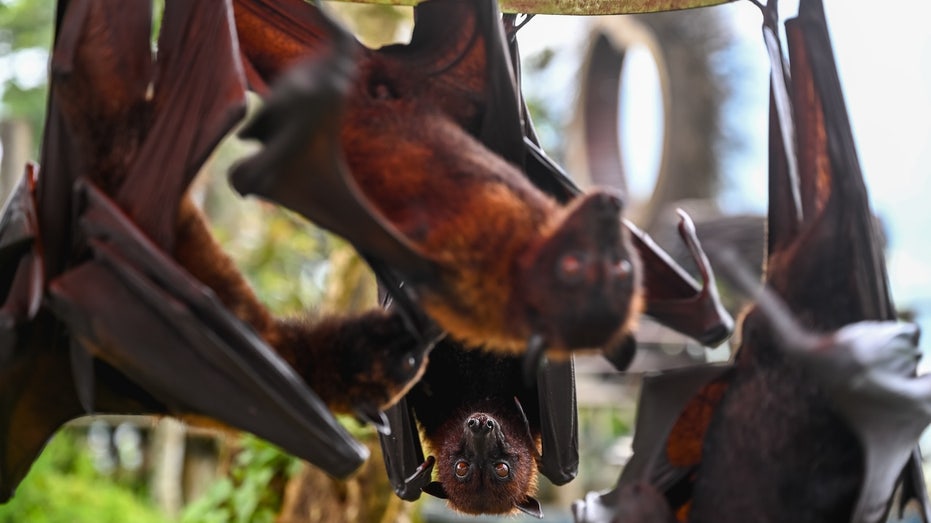New Bat Coronavirus Discovered in China Sparks Pandemic Concerns

Sarah Johnson
March 3, 2025
Brief
A new bat coronavirus, HKU5-CoV-2, discovered in China, can infect human cells and raises concerns about zoonotic transmission, but experts stress low pandemic risk and call for global collaboration.
The discovery of a new bat coronavirus in China has raised alarms about the possibility of yet another pandemic. The virus, named HKU5-CoV-2, shares a key similarity with SARS-CoV-2, the virus behind COVID-19: it targets the human ACE2 receptor, a critical gateway for infection.
According to a study published in the scientific journal Cell, the virus could potentially spread between humans or even across species. Researchers from the Guangzhou Laboratory, Wuhan University, and the Wuhan Institute of Virology contributed to the study, which was led by Zheng-Li Shi, often dubbed China’s "batwoman" for her extensive research on bat coronaviruses.
This newly identified virus was found to infect human cells as well as lab-grown lung and intestine tissues. While HKU5-CoV-2 bears similarities to the Middle East Respiratory Syndrome (MERS) virus, Dr. Marc Siegel, a clinical professor at NYU Langone Health, clarified that the risk of human-to-human transmission remains "very low" due to the virus’s weaker binding capabilities compared to SARS-CoV-2. Still, the potential for zoonotic spillover—a situation where a virus jumps from animals to humans—cannot be ignored entirely.
"Even as we prepare for possible pandemics, it is very important that we not give in to fear," Siegel emphasized, adding that the COVID-19 pandemic was an exceptional event and not necessarily a harbinger of future outbreaks.
Shi’s work has not been without controversy, as the Wuhan Institute of Virology faced scrutiny over its possible role in the origin of the COVID-19 pandemic. The study’s findings underscore the ongoing importance of global scientific collaboration, with Siegel calling for an international consortium of researchers to monitor and mitigate future pandemic threats. "Studies like this are a step in the right direction," he noted, though he also highlighted the persistent "cloak of secrecy" surrounding certain research efforts.
While it’s tempting to jump to apocalyptic conclusions, let’s pause for a moment to appreciate the science behind early detection and prevention. Fear might sell headlines, but level-headed preparation saves lives.
Topics
Editor's Comments
It’s fascinating—and a little unnerving—that we’re still unearthing these viral threats in 2025. The fact that this virus is weaker than SARS-CoV-2 is a relief, but it’s a clear reminder that nature keeps us on our toes. Maybe instead of another Netflix binge, it’s time for the world to invest in serious pandemic preparedness. Just saying!
Like this article? Share it with your friends!
If you find this article interesting, feel free to share it with your friends!
Thank you for your support! Sharing is the greatest encouragement for us.



